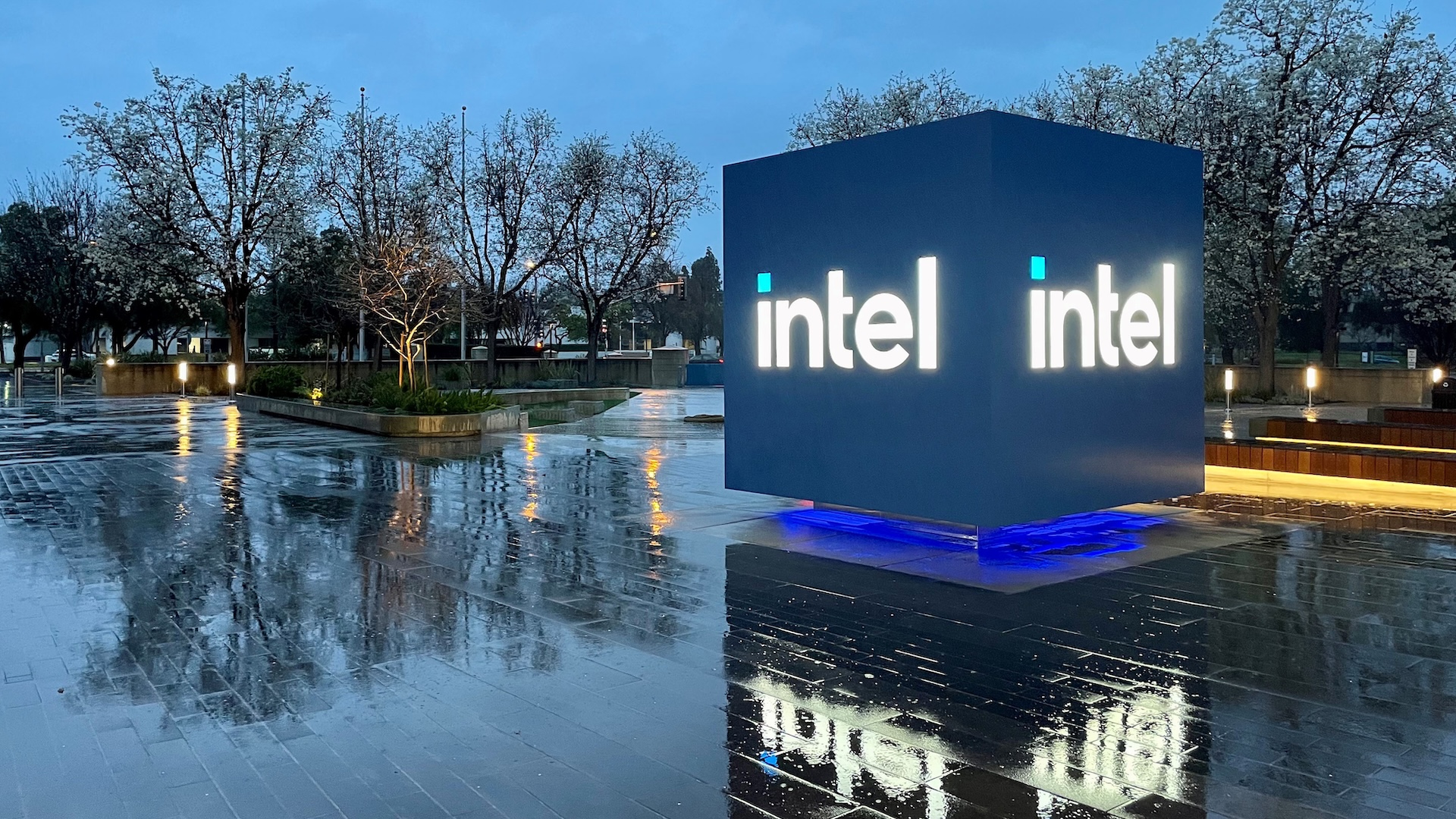
While many high-tech companies saw their market capitalization drop following the introduction of President Trump's administration import duties, Intel suffered more than many others as its stock price and market capitalization declined to a 16-year low. Intel, which has suffered technological and financial challenges in the recent quarters, now faces uncertainties with demand and now potentially higher costs.
Intel's closed at $18.13 on Tuesday, down 7.36% and hitting its lowest close since July 2009, according to SeekingAlpha. The company's market capitalization is now at $79.06 billion, also the lowest since July, 2009, after the company faced the steepest drop in demand for its CPUs and other products ever. It remains to be seen what the future holds for Intel as it now faces the challenges associated with the new import tariffs set by the U.S. administration.
Intel's success, whose stock has lost more than half its value over the past year, now largely depends on the launch, later this year, of the company's codenamed Panther Lake processor made on its 18A process technology. As well as success of the 18A production node. If Intel can produce Panther Lake CPUs with competitive performance, yields, and costs using its 18A manufacturing technology, then investors will regain their confidence in Intel. If not, the company will probably have to spin off its manufacturing operations and focus solely on product design.
U.S. import tariffs can have a drastic effect on U.S. semiconductor companies in general. Even impacting AMD and Intel despite the fact that chips are currently not yet taxed with punitive tariffs. If PCs get 20% more expensive in the U.S. demand for these products will get lower. Once tariffs on chips are enacted, the margins of companies like AMD and Nvidia will suffer significantly as the lion's share of their processors are made in Taiwan and then packaged in China, Malaysia or Taiwan. The direct effect of tariffs on Intel could be lower as the company outsources around 30% of its silicon, but plans to reduce that share once Panther Lake CPUs are ramped. However, the company will now have to pay more for its production tools made outside of the U.S.
It should be noted that Intel's decline was part of a broader selloff across the semiconductor sector, driven by tariffs. AMD sank 6.5%, reaching a level not seen since February 2023, Qorvo fell 9.9%, hitting its lowest point since 2016, while Micron dropped 4.1%, marking its weakest close since 2023, according to SeekingAlpha. Apple, Arm, Nvidia, Qualcomm, and TSMC, also posted losses.







